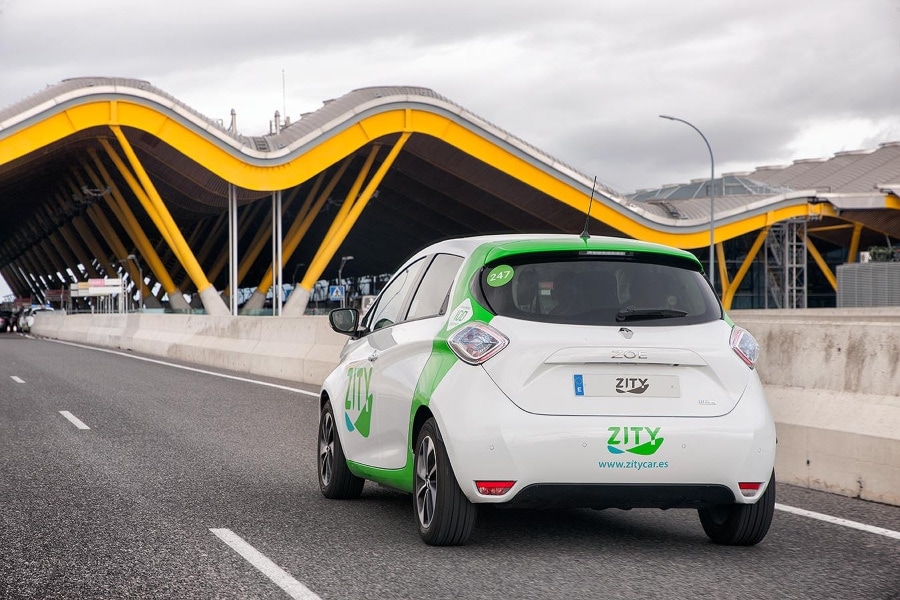In an interconnected world, we constantly generate data. By processing this data correctly, companies can increase the operative efficiency of their services and develop new ones.
We live in a digital world. Our cell phones, computers and tablets and even our fridges, vacuum cleaners and buses are connected to the internet. With the eruption of new network platforms, the integration of the internet in users’ daily routines and the growing interconnection between intelligent devices, the information that is revealed online every day has become immeasurable. Of all the information generated online, only 1% can be analyzed.
In the middle of this whirlwind of information, Big Data comes about as an ally for companies to automatically synthesise and process these mountains of data. It has never before been as simple for companies to access the data necessary to respond to their questions. Thanks to the data poured out by users online, companies have large sources of true information at their fingertips, and in real time, with which they can not only just identify problems in a more understandable manner, but it also provides them with new business opportunities. It is the perfect
triangle: companies are more efficient, they generate more profit and users receive better and more personalized services.
Carsharing
Ferrovial did not want to be left behind and it has integrated this analysis in the operation of its infrastructures and services. One of these is ZITY, the car sharing system launched with
Renault in December 2017. When it came on to the market, there were already other carsharing operators in Madrid. For months, citizen’s behavior was analyzed in order to understand the sector and mobility flows and design the service accordingly.
One of the keys of the service’s success is the predictive car demand model, developed in collaboration with Ferrovial’s Digital Hub. Cross-checking historical data of renting in each of the areas in Madrid, data regarding climate and that related to events in the city identifies the areas in which the vehicles will be most requested. The company has developed a model which enables figuring out when the optimal moment is to charge each of the cars, which optimizes the resource and, therefore, the profit.

Smart bins
Can you picture a city in which the waste bins sent an alert every time they were full? It seems like science fiction, but the truth is that the technology already exists and it is closer than we think. A project led by Ferrovial in collaboration with the City Council of Granada is developing a system based on Big Data in order to optimize the waste collection in cities.
The bins selected for this project have a volumetric sensor installed which continuously provides information about how full the bin is. This information is sent to the analytic platform and it is cross referenced with open meteorological, data and event databases. After, the platform generates routes for the waste collection trucks.
This new way of managing the collection service enables adapting the service to the city’s real needs. Furthermore, it improves the efficiency and quality of life of the citizens, reducing environmental and noise pollution by using fewer collection vehicles.
Google and air traffic
Google has become one of the largest online databases in the world, accumulating relevant information about the consumer trends of hundreds of thousands of users. However, practically 95% of this information is lost online.
But what would happen if that whole data mountain was made the most of to generate more efficient processes? This was the question that the Ferrovial Airports team asked and that led to the development of a tool to improve the medium-term traffic forecasts at Heathrow.
Based on Google Trends (a service that enables analyzing internet search trends) and after analyzing thousands of key words, a behaviour pattern that directly related the users’ search parameters and the air traffic was able to be extracted.







